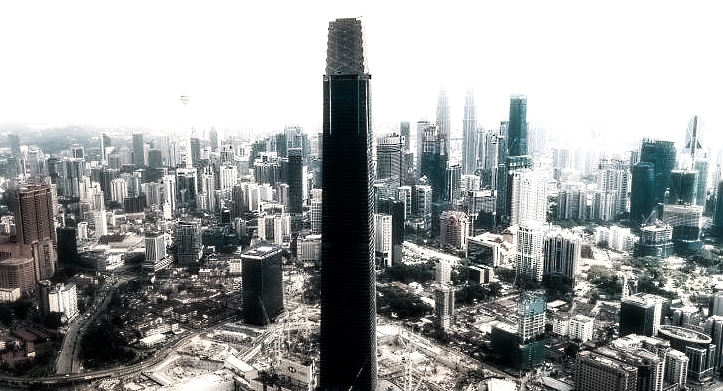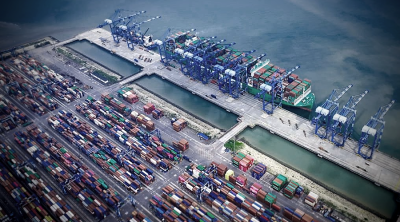By Tay Tian Yan, Sin Chew Daily
These two weeks I feel like life is back on the right track, almost at the pre-MCO level.
Of course, not completely sunny and bright, but it's not gloomy and stormy, either.
Our highways are getting congested during the morning and evening peak hours. The 15-minute drive during MCO will now take 45 minutes!
Sure enough traffic jam does not represent prosperity, but at least it shows that many people are back to work, or are going out shopping.
Most of the shops at top malls are back in business. The malls and their car parks are packed especially during the weekend, a far cry from the eerie ghost town-like emptiness during the MCO.
Major restaurants in town are doing brisk business, although the number of patrons still pale compared to pre-MCO days.
And the local stock market single-day volume saw a record of RM11.8 billion. The FBM KLCI which plunged to 1,200 during MCO has since climbed back steadfastly, and is testing the 1,600-point barrier these few days.
Of course, a robust stock market cannot be translated into strong economic showing, but at least it reflects market confidence and capital flow.
Overall speaking, the economy and market are not as bad as we previously thought. Prior to this, many experts painted a gloomy picture of the local economy given the protracted lockdowns imposed by governments worldwide, hinting a return of the 1930s Great Depression.
I didn't get to experience the Depression of the 1930s, but the 1997/98 regional financial crisis was unforgettable.
At a recent dinner, I asked several corporate tycoons and financial experts about my age, all having experienced the glum of the Asian financial crisis, what was the difference between 2020 and 1997, and whether this country would see another financial crisis.
Entrepreneur A said, "I would say 1997 was worse. Ringgit exchange rate dived from 2.5 to 4.5, and many businesspeople saw their dollar-denominated debts multiply while those in trading and material import suffered skyrocketing costs. Many companies winded up and retrenchment was rampant. Many people lost their jobs."
Financial expert B said, "The economic bubble burst and investment capital fled frenzily., sending the stock market tumbling. The local index nosedived from 1,300 points to 270. Businesses closed; banks' bad loans piled up; the entire financial system almost collapsed."
Businessman C added, "I invested in real estate at that time. Houses couldn't sell when the interest rate surged to 13%. Banks came after us. Some in my business declared bankruptcy while others had their houses auctioned and their cars taken away by the bank because they couldn't settle their loans."
Economist D opined, "I don't think we will be as serious now as in 1998. No doubt our economy has stalled for a few months, but the fundamentals are not as vulnerable as back then. For instance, ringgit is not severely undervalued like in 1998, and we don't see serious bubbling of the local stock and real estate markets. Our foreign exchange reserves are still quite secure; banking system still intact and commodity prices have not suffered much.
"Once the coronavirus threats have tailed off and the economy is reinitiated, market vibrancy will be restored. The economy should recover next year. Of course, if the virus persists and the global economy is badly affected, the recession will be prolonged, especially with the US-China trade war intensifying."
I roughly concluded: So the future is not as bad as we have imagined. Chances for a 1930s Depression or 1998 regional crisis are slim.
Of course, some sectors will be more severely hit than others, especially the tourism, aviation and retail sectors. They may take a little longer to recover, or may have to transform their businesses.
Most importantly, the government must come up with effective measures to revitalize the national economy and put all political tussles aside so that the entire nation can focus on rebuilding the national economy and social harmony.

ADVERTISEMENT
ADVERTISEMENT


































